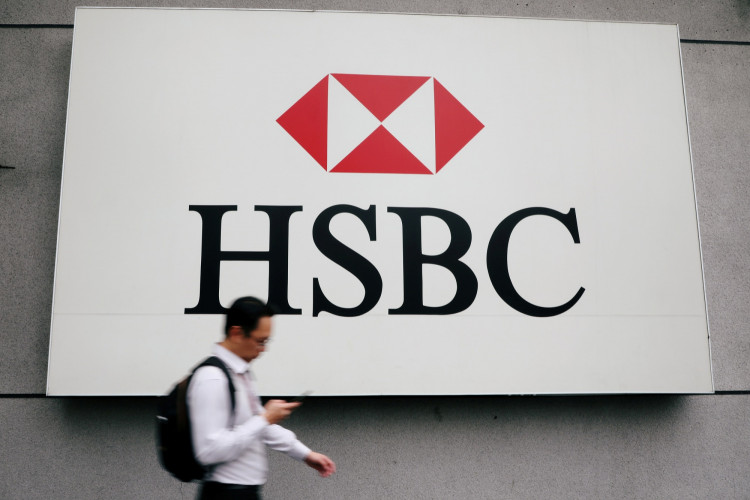HSBC will be moving ahead with its long-proposed restructuring plan, which was proposed by its chief executive officer, Noel Quinn, to shift the company's business to Asia. The restructuring plan will involve a massive cut of the company's workforce that will affect thousands of jobs throughout its global operations.
The implementation of the plan was initially put on hold in March, after the coronavirus pandemic had hit most of the world, driving the economies of various countries into recession. In an internal memorandum sent out on Wednesday, Quinn stated that the implementation of the restructuring strategy, which is expected to reduce annual costs by more than $4.5 billion, is a necessary step to take given the current economic situation.
Quinn added that almost all of the economic forecasts are pointing to rougher times ahead amid the lingering economic downturn caused by the pandemic. Part of the plan will be to reduce the company's headcount from 235,000 employees to around 200,000 in the short-term. Additional job cuts will be implemented through to 2022.
In the memo, Quinn told employees that he knows that the news will not be a welcomed one but he urged them to understand and be aware of the reality of the situation. He explained that the decision should allow the company to better support the rest of its staff and to move ahead with its planned transformation.
The lender currently does not have an exact timetable for its planned job cuts given that different countries will have varying redundancies laws. Quinn added that the company will strive to at least provide pay to affected employees for "much of this year." Quinn noted that the company simply cannot halt its planned workforce reduction indefinitely and it was only a matter of time until the strategy had to be implemented.
The National Bureau of Economic Research noted in its report released last week that the US had fallen into a recession back in February. A separate report from the International Monetary Fund (IMF) forecasts that other advanced and emerging market economies will follow suit and fall into recession within the year. The IMF stated that this will be the first time since the Great Depression that so many economies will fall into recession.
HSBC initially decided to pause its planned job cuts after the pandemic had resulted in major lockdowns and travel restrictions globally. The company did so to provide some level of security to its workers during the trying times. However, HSBC was always expected to resume its plans once the pandemic had subsided.





